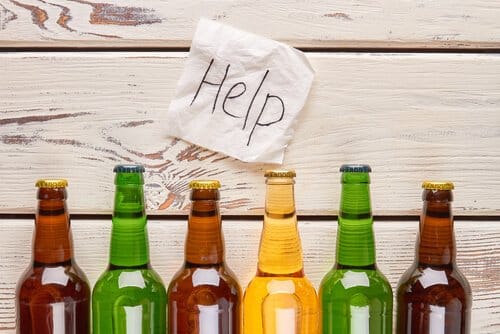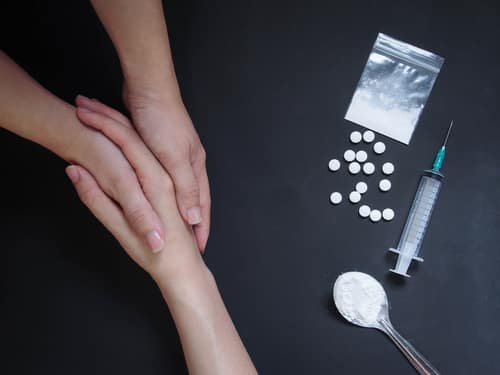Alcohol and Drug Detox and Rehab Centers

Rehabilitation facilities are utilized to recover from various medical conditions – physical, mental illness, and addiction. Drug and alcohol detoxification and rehab centers specialize in treating individuals addicted to various substances.
Most drug and alcohol detoxification and rehab facilities treat a range of chemical dependency. The major difference is in the modality of care – inpatient or outpatient. Some treatment programs differentiate themselves based on age or gender-based treatment.
Having good health insurance coverage allows an individual to have greater options in treatment. Believe it or not, there are drug and alcohol detox and rehab centers that mimic a luxury hotel or resort! While that does not ensure high-quality treatment, it definitely strokes the ego. It is important to get a sense of the quality of treatment before joining the program.
What Factors Make a High Quality Addiction Treatment Center?
Please make sure that the addiction treatment facility you choose is right for you. This choice is very personal but there are some other factors to consider. Not everyone benefits from the same procedures due to different types of addictions, usage patterns, physical and psychological conditions. Even though each treatment program is different, there are a few standards elements to consider while choosing the most ideal rehab program:
- Utilizing established treatment protocols (not something funny, like rapid detox)
- Focusing on the patient’s living environment by involving family in treatment
- Staff certification and training
- Experience in treating your specific addiction
- Individualized treatment plans
- On-going evaluation plans
- Overcoming addiction success rates
- Caring and empathetic staff member
- Supportive and highly experienced individual and group therapy
- Aftercare and relapse prevention support
- Experience in treating mental health disorders and physical withdrawal symptoms
What to Expect in Rehab Center?
Prior to treatment admission, patients go through a personal evaluation guided by an addiction counselor. A typical assessment includes a comprehensive psycho-social evaluation, medical check-up, medical record review, urine screening, blood testing and more. The rehab facility collects as much health-related information to assist the patient to overcome the addiction.
Additional assessments should include:
- Patterns of alcohol or drug abuse
- Past rehab experience
- Medical conditions
- Mental status
- Living conditions and supportive environment
- Physical disabilities
- Financial support
During the process, with the help of counselors and doctors, patients establish treatment goals. The patient volunteers to commit to the addiction treatment by establishing near- short-term goals to drive a positive change to their lives. During rehab, patients acquire valuable education on withdrawal symptoms and side effects. In addition, individual and group therapy sessions provide a supportive environment and foundation on how to overcome relapse at the end of the treatment. Patients learn how to recognize drug abuse triggers and how to avoid the vicious circle of abuse.
People tend to think that drug rehab treatment takes place behind closed doors. However, most patients benefit from treatment that takes place in their living environment with maximal support from their family and friends. An outpatient treatment setting is now proven to be much more effective than the traditional inpatient modality.
Two Types of Rehab Programs
There are two main types of addiction treatment programs: inpatient and outpatient. Inpatient detoxification and rehab is the traditional way of treating dependence on alcohol and drugs. This modality of treatment has largely failed patients as evidenced by the continued overdose death rates for 20 years. Only when outpatient treatment through the utilization of Medication Assisted Treatment, or MAT, was introduced on a mass scale did overdose deaths turn south.
With the proven success of newer medications, the risk of relapse in the home environment during the detoxification process, the most acute phase of treatment, has been sufficiently mitigated. Consequently, detoxification on an outpatient basis to treat individuals suffering from a dependence on alcohol has become the most effective model. Outpatient detoxification and rehabilitation programs deliver better outcomes because they incorporate the patient’s living environment into treatment from day one of treatment. On the other hand, inpatient treatment cannot incorporate the home environment into treatment. When patients return home after treatment many find that they do not have the skills to cope with real-life stressors and relapse.
If you or your loved one struggling from alcohol or drug addiction, please reach out to an outpatient detoxification and rehabilitation center as soon as possible. At the Center for Network Therapy, our clinical team is highly experienced in treating addiction to all substances. Please contact us for an easier road to recovery. Call us for a cost-free consultation today or submit this form.
One of our addiction treatment experts will get back to you shortly.
Related Articles
Alcohol Treatment Centers in Nj
When is Outpatient Alcohol Treatment an Ideal Option?
Signs and Symptoms of Cocaine Addiction







